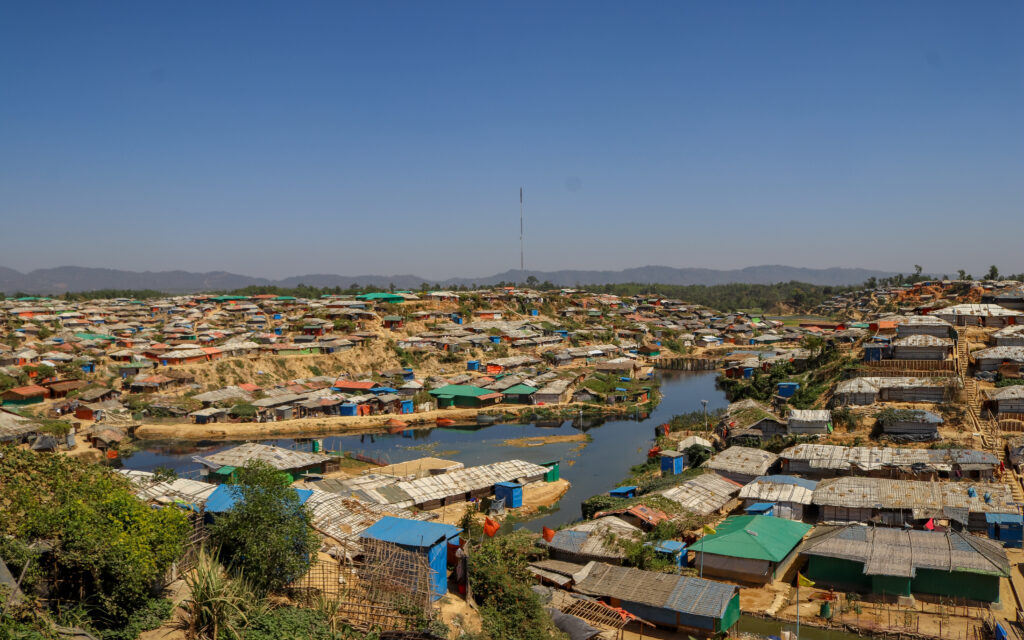
The World Health Organization meets this week to explore that very question. The WHO and Government of the Kingdom of Denmark are co-hosting a meeting to devise solutions for chronic kidney disease patients, and people living with other non-communicable diseases, during humanitarian crises.
WHO Meeting on Non-communicable Diseases & Humanitarian Crises
Chronic kidney disease affects more than 800 million people worldwide and contributes to the deaths of more than 19 million people across the globe each year. When a humanitarian crisis occurs, health care services for patients are disrupted, leading to increased morbidity and mortality.
To address challenges faced by vulnerable patients, the WHO’s global meeting is convening stakeholders including academics, advocates for refugees, health systems experts, members of UN agencies, and people living with noncommunicable diseases.
Attendees aim to:
Chronic Kidney Disease & the Global Health Agenda
The WHO meeting marks a promising step forward.
Governments and policymakers can play a pivotal role in addressing the growing burden of chronic kidney disease by:
Vulnerable Patient Groups
Chronic kidney disease affects vulnerable populations disproportionately. Some of the groups most affected include refugees, internally displaced people and other marginalized groups that face barriers to accessing adequate health care.
Collaborative efforts across governments, UN agencies, humanitarian organizations, civil society, academia, and the private sector can help to meet the complex needs of affected populations – allowing people with chronic kidney disease and other noncommunicable diseases to receive continuous care, even when the world around them is falling apart
Recent Posts

Global Alliance for Patient Access
© 2026 GAfPA. All Rights Reserved
| Cookie | Duration | Description |
|---|---|---|
| cookielawinfo-checkbox-analytics | 11 months | This cookie is set by GDPR Cookie Consent plugin. The cookie is used to store the user consent for the cookies in the category "Analytics". |
| cookielawinfo-checkbox-functional | 11 months | The cookie is set by GDPR cookie consent to record the user consent for the cookies in the category "Functional". |
| cookielawinfo-checkbox-necessary | 11 months | This cookie is set by GDPR Cookie Consent plugin. The cookies is used to store the user consent for the cookies in the category "Necessary". |
| cookielawinfo-checkbox-others | 11 months | This cookie is set by GDPR Cookie Consent plugin. The cookie is used to store the user consent for the cookies in the category "Other. |
| cookielawinfo-checkbox-performance | 11 months | This cookie is set by GDPR Cookie Consent plugin. The cookie is used to store the user consent for the cookies in the category "Performance". |
| viewed_cookie_policy | 11 months | The cookie is set by the GDPR Cookie Consent plugin and is used to store whether or not user has consented to the use of cookies. It does not store any personal data. |